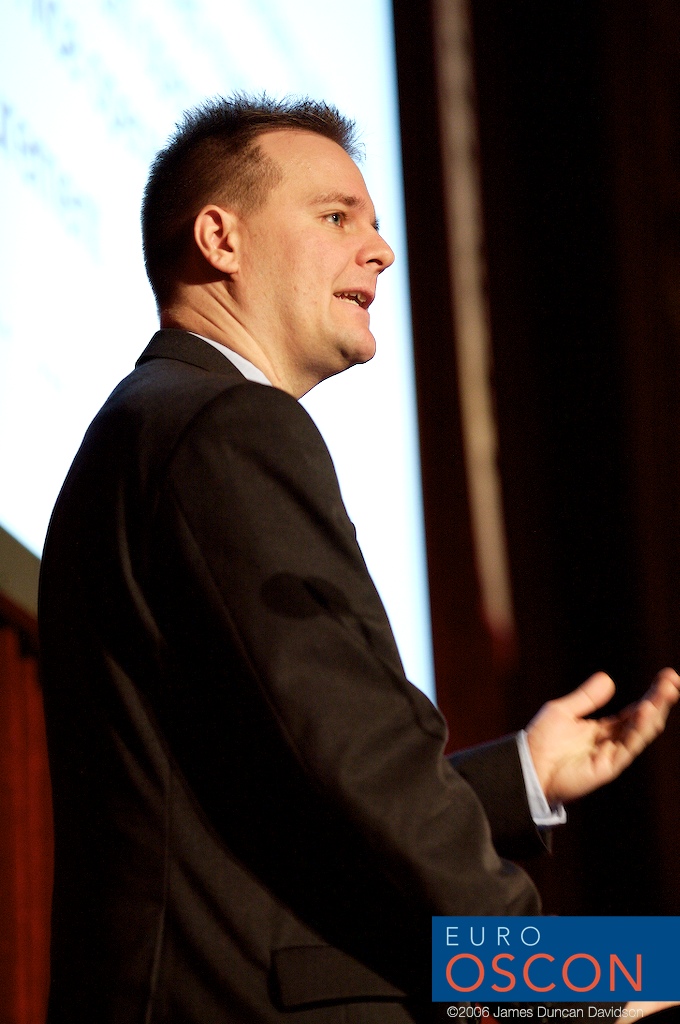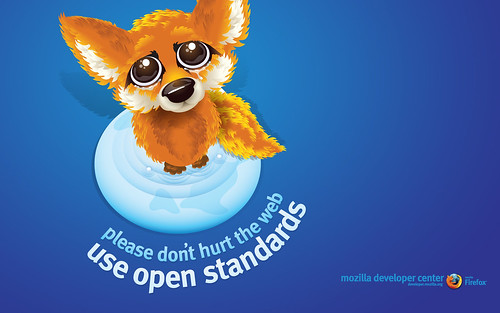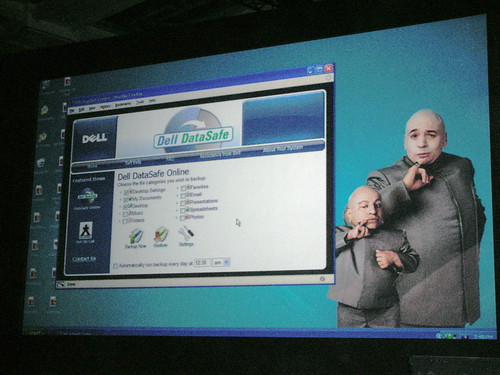Open Source GIS: Autodesk’s MapGuide gains “seal of approval”
MapGuide, a web-based platform aimed at deploying web mapping applications and geospatial web services, now is a fully endorsed project within the Open Source Geospatial Foundation, as reported by PRNewswire. MapGuide, originally developed by Autodesk, has been released to the open source community about one year ago, and is already considered a leading project within the GIS arena, as results from the “The State of the Open Source GIS” (PDF).
 Save the forest by photokitten
Save the forest by photokitten
As a more recent project, MapGuide has a more modern architecture than the original MapServer. It also includes some default web interface components as well, so it is possible to create an out-of-the-box web mapping site with MapGuide more easily than with Mapserver. Mapserver has its own advantages, in terms of simplicity and number of supported formats, so examining both carefully before making a decision is a good idea. Because the originating organization is Autodesk, some users might be concerned that MapGuide OS is not “real†open source. However, it certainly is “realâ€, judging from a number of facts.
First, the license used is not some customized corporate license, but the familiar LGPL, used by many other open source projects.
Second [..] the code base includes dependencies on other open source library projects, such as Proj4 and GEOS – enlightened re-use is a sign of a good open source methodology.
Finally, Autodesk has opened up the development process, using a public source code repository for active development, having a public mailing list for users and developers to directly interact, and transferring all intellectual property rights for the code to a neutral organization (the Open Source Geospatial Foundation)
About the MapGuide’s “open source nature” I noticed that the definition of the Project Steering Committee, the governing body of the project, has been derived from the guidelines of other committees with the Open Source GIS arena – like the MapServer Technical Steering Committee, the GeoServer PSC, and the MapBuilder PSC.
Participation to the MapGuide’s project is extraordinary, as reported by Ohloh that considers MapGuide one of the largest open-source teams in the world, reporting that over the last year 26 developers contributed new code.
The San Francisco Urban Forest Mapping System was developed using MapGuide Open Source as the central element, read the related press release.
MapGuide Open Source is a web-based platform that enables users to quickly develop and deploy web mapping applications and geospatial web services.
MapGuide features an interactive viewer that includes support for feature selection, property inspection, map tips, and operations such as buffer, select within, and measure.
MapGuide includes an XML database for managing content, and supports most popular geospatial file formats, databases, and standards.
MapGuide can be deployed on Linux or Windows, supports Apache and IIS web servers, and offers extensive PHP, .NET, Java, and JavaScript APIs for application development. MapGuide Open Source is licensed under the LGPL.
Despite sharing a name with the previous closed source MapGuide product from Autodesk, MapGuide Open Source (OS) is in fact a completely new product, with a new code base and a new licensing philosophy. Autodesk will sell the new MapGuide as commercial product, with some bonus features (extra format support, formal product support, better backward compatibility) but the main development of the MapGuide OS product is now done as open source.

 Florian Mueller by
Florian Mueller by  Eiffel tower by
Eiffel tower by  Open Standard campaign by
Open Standard campaign by  Dell and Dr.Evil by
Dell and Dr.Evil by  An odd cure by
An odd cure by  Against software patent by
Against software patent by  Chinese’s Wall by
Chinese’s Wall by  Members only by
Members only by  /dev/porsche by
/dev/porsche by
Savio Rodrigues 3:55 pm on April 26, 2007 Permalink
Very cool – I haven’t used a GIS program since my thesis project in university and didn’t even know Autodesk was in the market (but it makes a lot of sense).
Interesting that Autodesk, with is huge revenue from AutoCAD is strategically endorsing OSS.